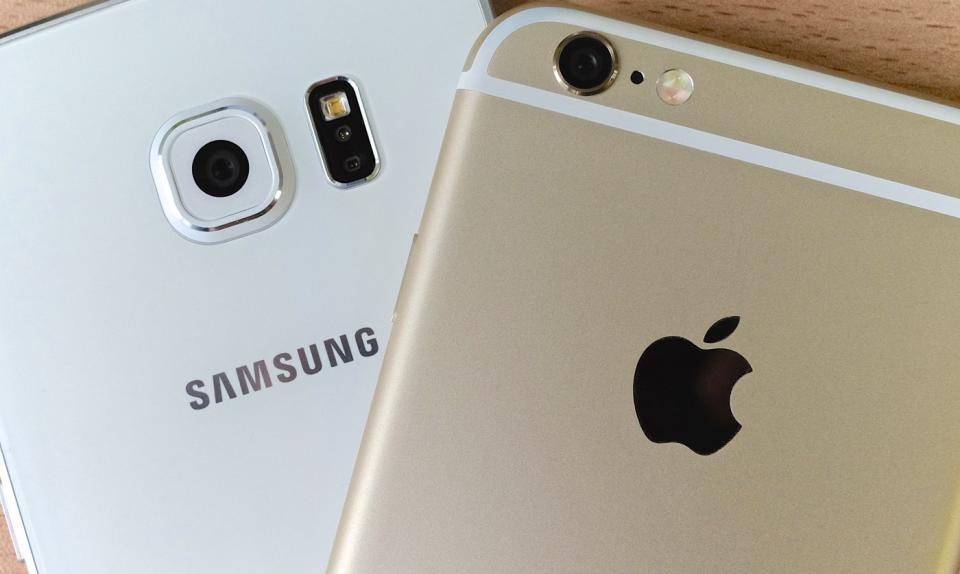Apple's $120M patent victory over Samsung overturned on appeal
A 2014 jury ruling in favor of Apple is no more.

The never-ending Apple vs. Samsung patent wars just had another chapter written today, long after most of us stopped caring. A US appeals court overturned the $120 million jury-appointed verdict that was awarded to Apple way back in May of 2014. Specifically, the court said that a variety of older Samsung phones (including the Admire, Galaxy Nexus, Galaxy Note, Galaxy Note 2, a host of Galaxy S II variants and the Galaxy S3) didn't infringe upon three Apple patents. The patents in question covered swipe to unlock, auto-correct and a quick link feature that lets links in one app open up another app.
As noted by Reuters, the quick link feature made up $99 million of the $120 million in damages awarded to Apple -- the jury decided that all 10 Samsung devices in question infringed upon that particular feature. But today's ruling by a three-judge panel in the Federal Circuit disagreed on that point and vacated the jury's decision. Specifically, the panel ruled that Samsung didn't infringe on Apple's quick links patent and also decided that its "swipe to unlock" and autocorrect patents were invalid based on prior art.
It's worth noting that the larger decision Apple prevailed on in 2012 isn't affected by today's ruling. A separate jury awarded nearly $1 billion in damages to Apple, though eventually that number was cut back to $548 million through a number of appeals. Last summer, a court decision denied Samsung's request for reconsideration.
Update, 7:30PM ET: A Samsung spokesperson provided us with the following statement:
We are delighted with the resounding victory from the U.S. Court of Appeals for the Federal Circuit, which found that two of Apple's patents should never have been issued.
We have spent decades developing some of the most revolutionary products and services in the technology industry, and today's decision proves that we did not infringe on any of Apple's patents.
Today's decision is a win for consumer choice and puts competition back where it belongs – in the marketplace, not in the courtroom.
